
Tadesse Tesema, a 60-year-old pensioner from Aqaqi Qality district, has a lot to complain about when it comes to cooking oil.
He says the price of oil is too high for him to buy it in the open market. As a result, he is obliged to get his ration by shopping at a government-organised union in his wereda, which distributes edible oil under a state subsidy program.
The problem with that option is that the union shops are often out of stock.
For Tadesse, a father of six, and many other residents of the city like him, this has been a daunting challenge for the past couple of years. The national average per capita consumption of cooking oil is 8.9lt of oil a year.
“It may take more than a month and a half of waiting to get my ration from the union,” he said. “When we finish the oil we get from the union, we have to buy it in the open market, which is more expensive.”
Tadesse receives his subsidised oil from the union in his district where Yeayneshet Kasahun works as an acting manager.
The union itself is facing the same challenge, as it is not receiving its expected allocation of cooking oil in response to the demand of the district, according to Yeayneshet.
“We get 11,000 containers of three-litre palm oil to distribute to 15,000 households,” she said.
When customers are turned down at the union, they assume the associations are hoarding the products, according to Etaferaw Abebe, a member of a consumer union near Gotera.
This is not the first time that the country has been hit by cooking oil shortages, and the government has been devising ways to remedy the problem.
One of the government's schemes to alleviate the problem facing low and middle-income citizens has been to subsidise basic consumer products, such as sugar, wheat and cooking oil, and distribute them through the union shops at lower costs, according to Wondimu Filate, communications director at the Ministry of Trade & Industry.
In 2011, in a bid to stabilise the market and deal with the supply problem, the government banned private companies from importing palm oil, allowing only government-owned firms to import it.
A persistent shortage of cooking oil has plagued Ethiopia for years.
The policy was readjusted in 2015 to allow selected private companies to import palm oil. The companies were selected based on their capacity and performance in the market, according to Wondimu.
Ten companies, including five private firms, one governmental organisation and four endowments were authorised to import the commodity mainly from Indonesia, India, China, Dubai and the Netherlands. These companies import 40 million litres of palm oil a month and distribute it to the unions across the country.
The government assists these importers by facilitating foreign currency, granting duty-free privileges and helping them in the distribution of the commodities.
These companies import more than 350 million tonnes of subsidised palm oil annually, according to data from the Central Statistics Agency. Yet this does not meet the demand and consumers are left complaining like Tadesse.
Even though the country has an annual production potential of more than 784,809tn of oilseeds, it remains unrealised mainly due to challenges in the value chain.
There are also over 1,000 companies that are registered by the Ministry of Trade & Industry to process oil in the country, and over 912 companies import cooking oil. However, these companies are not allowed to import palm oil, which is consumed by the majority of people due to its affordability.
Three-quarters of all imported goods enter Ethiopia through Modjo Dry Port, the largest in the country with a capacity of holding 14,000 shipping containers at a time.
A 20-foot container can carry 1,056 cartons of three-litre oil jugs or 1,020 boxes of five-litre jugs. For 20-litre and 25-litre jerry cans, that number is 1,039 cans and 882 cans, respectively.
Between February 1 and March 12, 2019, a total of 15,368 containers moved through the port and were delivered to importers, of which 1,551 containers housed palm oil imported by seven importers.
And still over 2,429 containers remain at the port, half of which are carrying edible oil that has been parked out in the elements for over two months.
Health professionals advise that the product has to be stored at room temperature and should be sold within six months of the date of production. Palm oil is also known to have high concentrations of saturated fat, which can be harmful to cardiovascular health.
The product is also one of 18 food items selected by the Ethiopian Standard Agency for inspection, which requires that the product be imported prior to reaching halfway to its expiration date. Importers are also expected to provide the Agency with a production date of the product at least twice a year.
The country’s law states that containers that remain parked at a dry port for more than 60 days will be confiscated and sold in public auctions to recoup port demurrage expenses.
When the Customs Authority confiscates these items, they must send samples of the products to the Standard Agency for inspection.
Cooking oils are treated differently, however, according to Addis Beza, who is in charge of neglected and confiscated containers at Modjo Dry Port.
“Since the product is imported in a government subsidy program to support low-income earners, we treat it as an exceptional case,” said Addis.
Therefore, the administration of the port waits for the importers, however long it takes to collect the product, without putting the items on the auction block.
“This only helps us to cover the rent of the container, but the oil gives more benefit to society,” said Dereje Tefera, director of Modjo Dry Port.
But sometimes the practice exhausts the patience of the port administration. Four months ago the administration auctioned off 103 containers of oil imported by the National Disaster & Risk Management Commission.
However, the Ministry of Trade & Industry and the Commission itself are now contesting that decision, according to Addis.
The Commission, which has more than 856 containers of palm oil sitting at the port since April 2017, imported the oil for the Internally Displaced People (IDPs).
On average, the Commission’s containers stay for up to 222 days in the port. The oil was imported in three batches from Indonesia and the United Arab Emirates.
Because of the rising number of IDPs, the Commission has imported more items than it can store, according to Aydruse Hassen, logistics and supply director at the National Disaster & Risk Management Commission.
“At our warehouse, we store four million tonnes of wheat, and we have no place to store the oil," said Aydruse. “Since both the port and the Commission are governmental organisations, the port should cooperate with us as the matter needs a political decision.”
Private importers also claim that they are forced to leave the product at the dry port as they have a storage problem, according to one of the largest importers, Biftu Adugna Business S.C, a company that is obliged to provide 5.7 million litres of oil to more than 15 towns.
“We have storage problems when we receive the quantity of oil at the same time, and we are obliged to leave the containers at the port,” said Tebebu Daba, site director of Biftu, “but never for more than a month and a half.”
Profit margins are also another reason mentioned by the importers for having minimal interest in the supply of the product.
"The profit margin is discouraging," said Abdurahman Ahmed, CEO AHFA Plc, one of the importers supplying the oil to the union where Tadesse is a member.
The company has been doing this for more than three years. But in the past two months, it has faced a challenge ever since the Trade Ministry terminated the letters of credit (LC) of these importers with the assumption that there is enough palm oil that has already arrived for the National Disaster & Risk Management Commission, which will be distributed to internally-displaced people in the next three years.
“We are only waiting for oil, which is already in the pipeline,” Abdurahman said.
Girma Belete, lecture at the AAU School of Commerce, believes that the issue at the port is fueling the market problem and imbalance in supply and demand.
"It disrupts the value chain, and it may expire, because the product is perishable with impacts on health,” said Girma.
Beyond the issues with the importers, Girma claims that poor customs clearance and late decisions at ports have an impact on the overstay of containers.
The government has to follow up and should create competition between importers, and the importers should commit themselves to stay in the market for an extended period, Girma said. He added that the government should create a sustainable sector and promote local production.
And yet, Wondimu of the Trade Ministry argues that there is no shortage of edible oil in the market. As a sustainable solution, the government is planning to encourage producers, according to Wondimu.
"For oil processing companies and agro-processing industries, the government provides land acquisition and loans," said Wondimu.
PUBLISHED ON
Apr 26,2019 [ VOL
20 , NO
991]

Featured | Aug 10,2025

Fortune News | Dec 12,2020
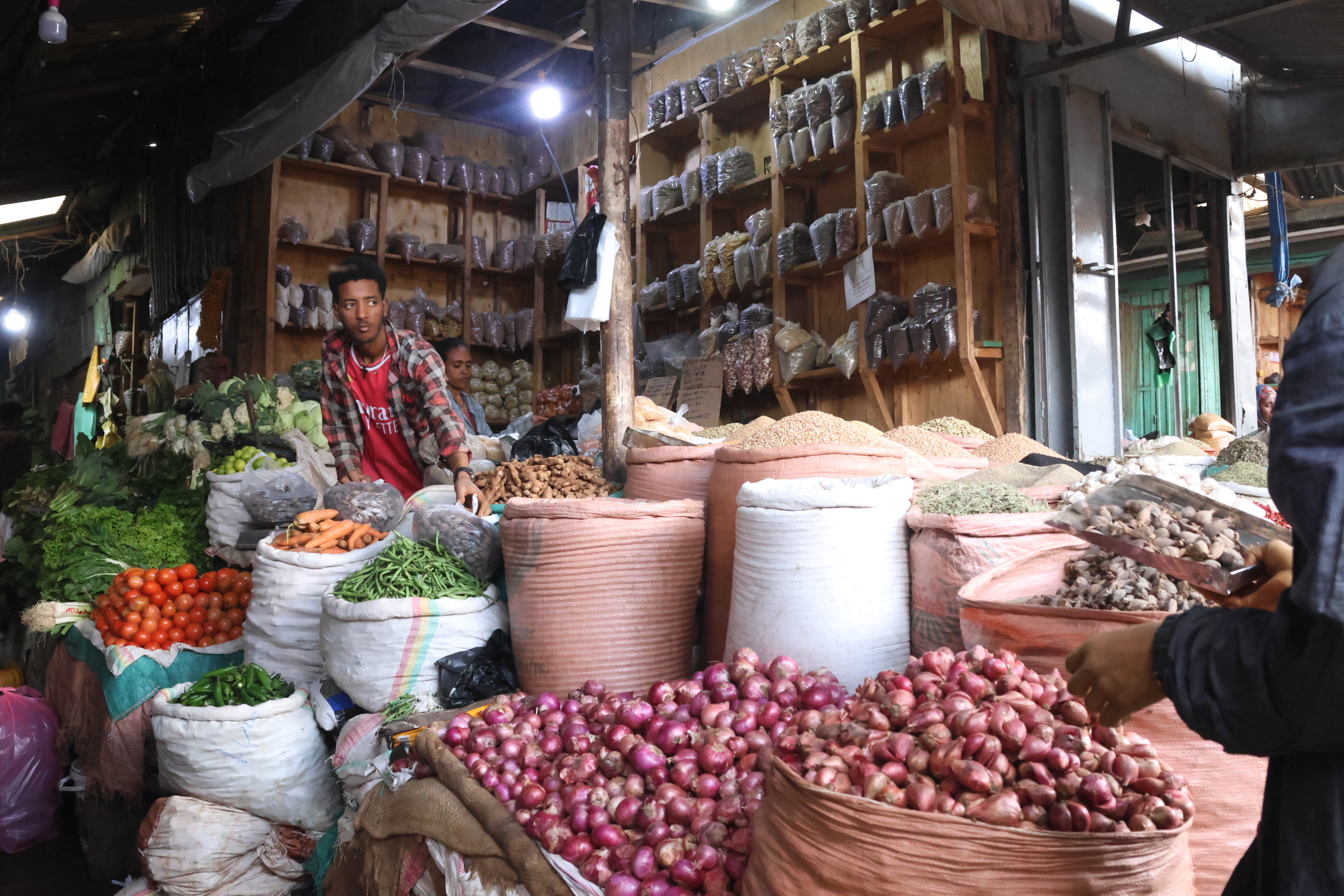
Agenda | Apr 19,2025

Radar | Sep 22,2024

Commentaries | Jun 18,2022
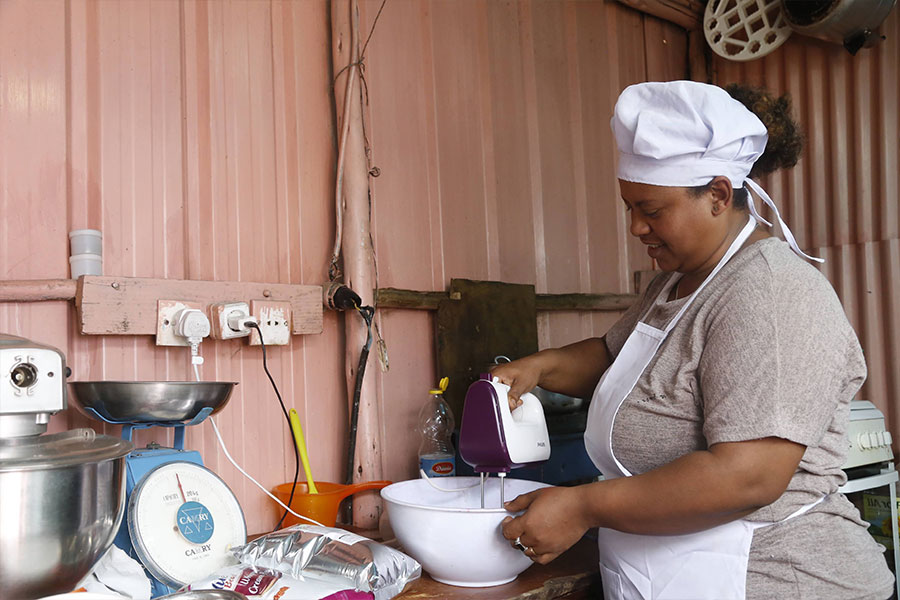
Featured | Jan 07,2022
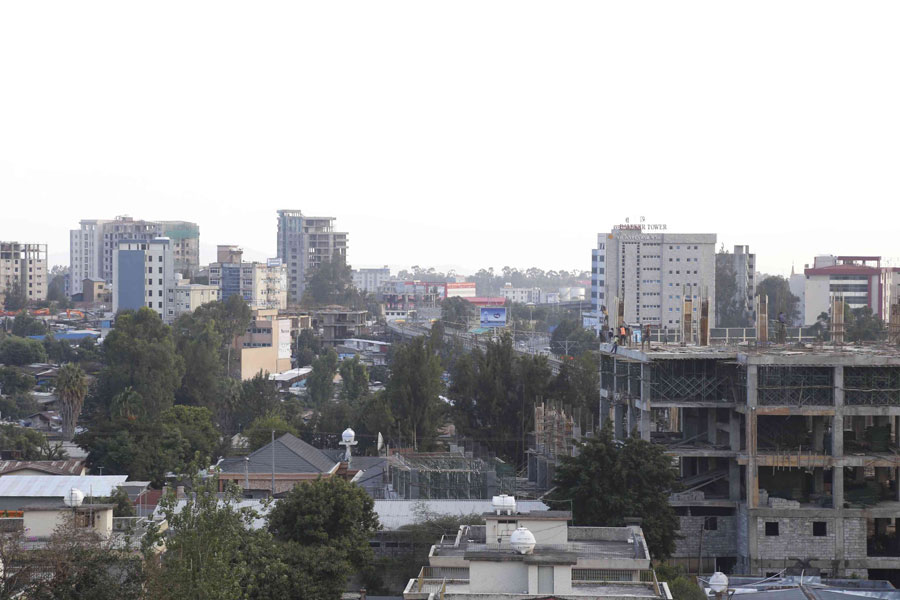
Fortune News | Feb 25,2023

Fortune News | May 21,2022
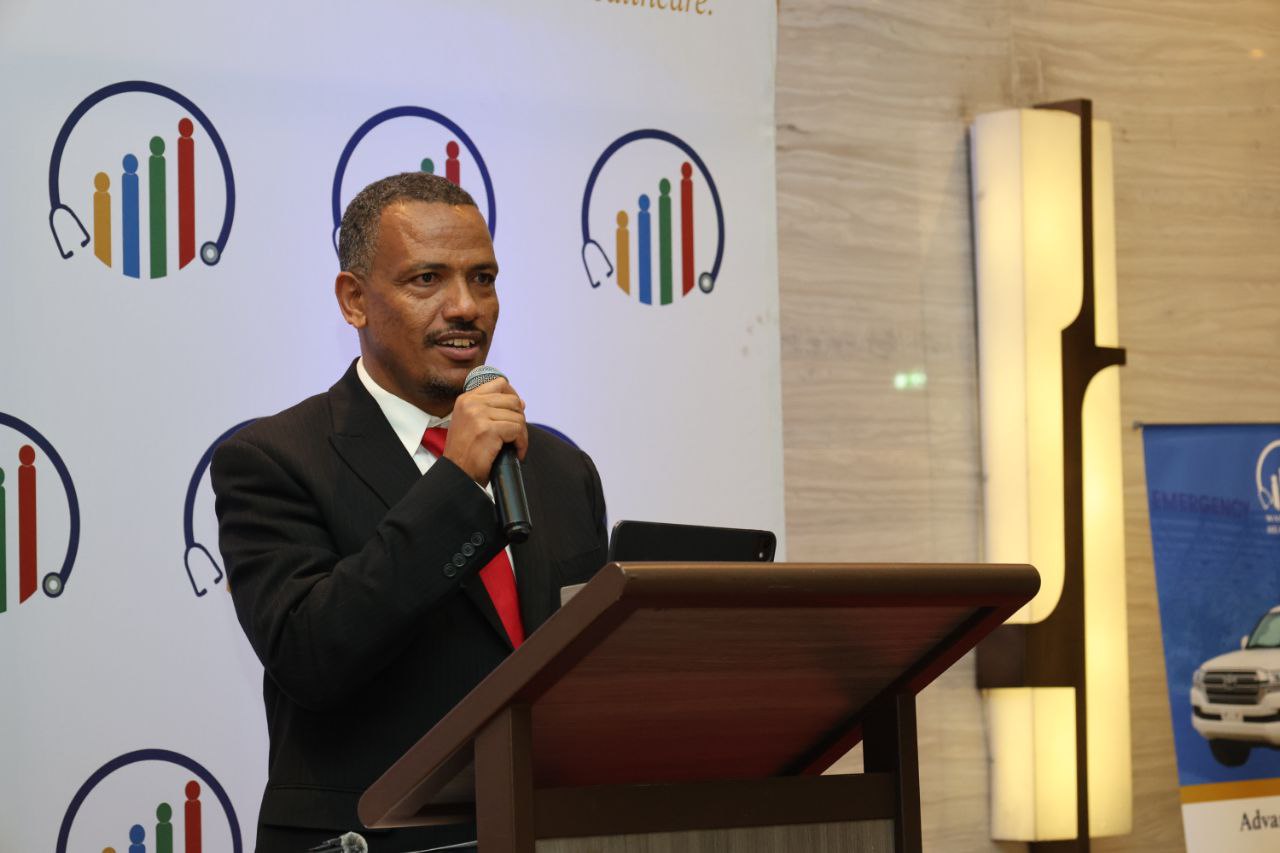
Fortune News | Sep 13,2025
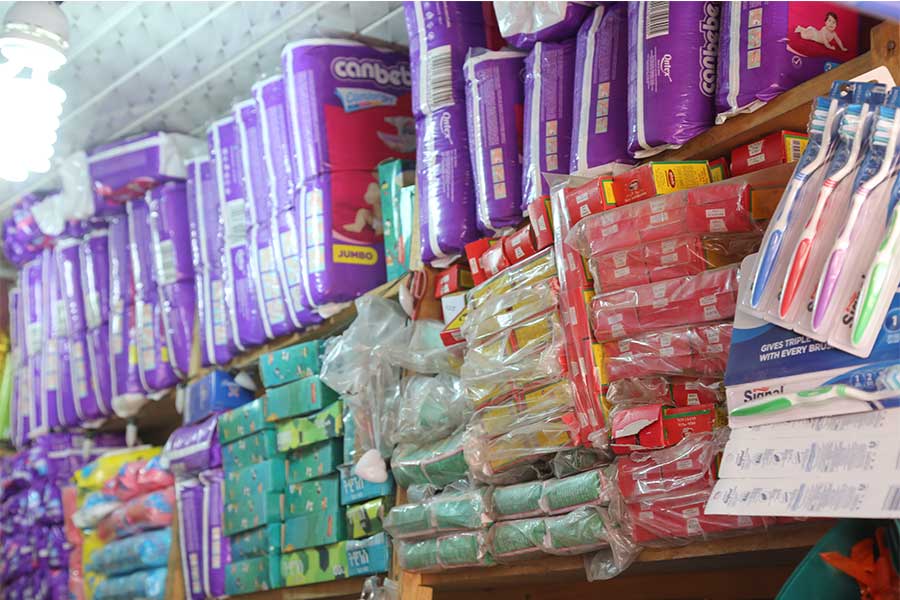
Featured | Oct 19,2019

Dec 22 , 2024 . By TIZITA SHEWAFERAW
Charged with transforming colossal state-owned enterprises into modern and competitiv...

Aug 18 , 2024 . By AKSAH ITALO
Although predictable Yonas Zerihun's job in the ride-hailing service is not immune to...

Jul 28 , 2024 . By TIZITA SHEWAFERAW
Unhabitual, perhaps too many, Samuel Gebreyohannes, 38, used to occasionally enjoy a couple of beers at breakfast. However, he recently swit...

Jul 13 , 2024 . By AKSAH ITALO
Investors who rely on tractors, trucks, and field vehicles for commuting, transporting commodities, and f...

Oct 11 , 2025
Ladislas Farago, a roving Associated Press (AP) correspondent, arrived in Ethiopia in...

Oct 4 , 2025
Eyob Tekalegn (PhD) had been in the Governor's chair for only weeks when, on Septembe...

Sep 27 , 2025
Four years into an experiment with “shock therapy” in education, the national moo...

Sep 20 , 2025
Getachew Reda's return to the national stage was always going to stir attention. Once...